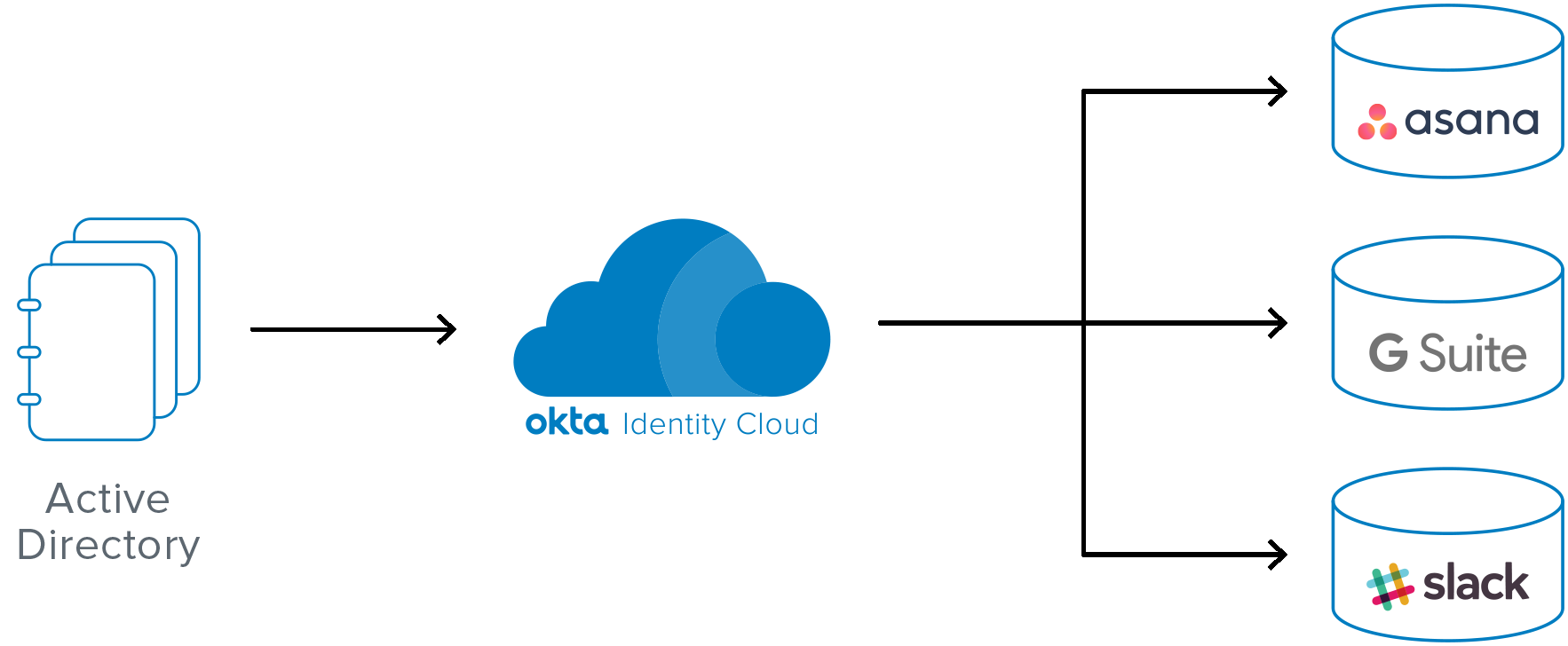
Quora stays lean and agile with the Okta Identity Cloud
internal applications connected to Okta, including G Suite, BambooHR, Slack and Asana
active Okta users
- Managing the app sprawl
- Increasing efficiency
- Integrating their favorite apps
- A no-waste approach
The Quora IT team is lean, agile, and always on the lookout for more efficient ways to get things done. As a cloud-first company, they wanted a better way to bring all their applications together under one roof—a move that would allow them to streamline their user onboarding and offboarding process, cut back on the number of passwords, and strengthen security.
Quora decided to tap into the Okta Identity Cloud, which boosted Quora’s productivity, agility, and security across the organization.
The organization wanted to take its efforts a step farther by finding a way to manage identities across multiple platforms. Luckily, it uses Asana for project management, as it’s cloud- and mobile-first, easy to use and collaborative. Quora set up Asana’s new SCIM-based provisioning integration with Okta, and now syncing users to Asana is a snap. Plus, employees can access the app using their existing corporate credentials.
The ability to automatically provision and deprovision Asana users based on profile changes in Active Directory allows Quora to reduce the number of licenses that are granted and then go unused. It also allows the company to save time and money, since previously manual tasks have been automated and new employees can be productive from Day One.
We use Okta as a starting point for any new applications or tools that come in. As we grow and adopt more tools with high-risk information behind them, we’ll have Okta right there as a standard and a requirement.
Ashley Sprague, Head of IT at Quora
Benefits
- Fewer IT tickets related to password management issues
- Integrated to 12+ applications, including G-Suite, BambooHR, and Asana
- A more efficient provisioning process, saving time and money and ensuring new employees have Day One access
- Stronger security due to improved identity management, including automated deprovisioning from Active Directory
Clearing the clutter
Quora is a place to gain and share knowledge. It’s a platform to ask questions and connect with people who contribute unique insights and quality answers. This empowers people to learn from each other and to better understand the world. To support the more than 200 million monthly users of Quora, the company must stay agile, lean, and consistent. Although each team at Quora has different responsibilities and uses slightly different apps, they’re all tied together by the company’s culture and values.
“No matter what team you're on at Quora, the culture is very similar,” says Ashley Sprague, Quora’s head of IT. “Two of our values are agility and drive, and so we need to make sure that we can enable all employees to embody those values.”
Most commonly, they use G Suite, Quip, BambooHR, Slack, Lever, Dropbox, Abacus, Zendesk, Zoom, and Asana. Since Okta’s broad set of integrations includes all of these apps, the Okta Identity Cloud was a natural solution for any cloud-related challenges.
When agility and drive are prioritized, adopting a cloud-first approach becomes a necessity—and true to form, Quora’s technology is 100% cloud-based. Although cloud-based technology is ideal in terms of agility, cost, and ease of use, IT needed to find compatible solutions for password management, onboarding, offboarding, and maintaining high levels of security.
At Quora, the average employee regularly uses about eight different apps. Most commonly, they use G Suite, Quip, BambooHR, Slack, Lever, Dropbox, Abacus, Zendesk, Zoom, and Asana. Since Okta’s broad set of integrations includes all of these apps, the Okta Identity Cloud was a natural solution for any cloud-related challenges.
Asana made easy
Sprague wanted a better way to push provisioning from AD to apps like Asana, which is used by almost everyone at Quora. Based on feedback from Quora and other customers, Asana build SCIM-based provisioning integration with Okta under Okta’s SCIM Provisioning Developer Program. SCIM (or System for Cross-domain Identity Management) is a standard that eases the synchronization of user data across platforms.
With SCIM, apps and services can get access to up to date user profiles from identity providers like Okta, as well as connected HR systems and Active Directory. Since it’s a standard, user data is stored in a consistent way and can be communicated as such across different apps. This enables IT departments to automate the onboarding and offboarding process for an application while also having a single system to manage permissions and groups. And since data is transferred automatically, it reduces the risk of error.
Sprague knew that SCIM would help Quora increase agility while also improving productivity and strengthening security. So when she heard that Asana’s SCIM integration was coming, she jumped on the opportunity to test the beta version.
“I'd just been asking for a better way to provision users,” she explains. “The organization of users within the tool itself was unclear, and people would get invited and not use it, so then we were using up licenses. It really came down to the license management piece. We needed a better way to manage the users, and see who was active and who was not.”
Now, when Quora enters new employee information into Active Directory (AD), the data is automatically pushed through the Okta Identity Cloud, which syncs the user data with Asana.
Asana’s SCIM integration with Okta did the trick. Now, when Quora enters new employee information into Active Directory (AD), the data is automatically pushed through the Okta Identity Cloud, which syncs the user data with Asana. This seamless workflow only requires Quora to enter employee data and permissions once. Best of all, this same workflow triggers automated provisioning into Quora’s other applications, including G Suite and Slack.

“With the provisioning feature enabled, we're able to suggest which teams should have access to that application, and have it show up in their portal on Day One,” says Sprague. “Then they automatically have a license and access when they click on it. It takes away a lot of the manual process.”
A streamlined workflow
Overall, adopting the Okta Identity Cloud has made a big difference for Quora in terms of agility and collaboration. “I think a lot of it comes down to the team size that I have,” she says. “Just ease of use when it comes to administration, and simplifying that process of bringing in new tools and applications to our environment—and then being able to secure them right away.”
Now, Quora is even leaner and more agile than they were already. Here at Okta, we’re excited to see who decides to make life easier for their clients next—by joining our SCIM Provisioning Developer Program.
About Quora
Quora is a platform that enables people from all over the world to come together to share and learn across millions of common topics and interests. It’s an open place where anyone can contribute personal insights and meaningful real-world experiences to help others make important decisions and learn more about the world.


